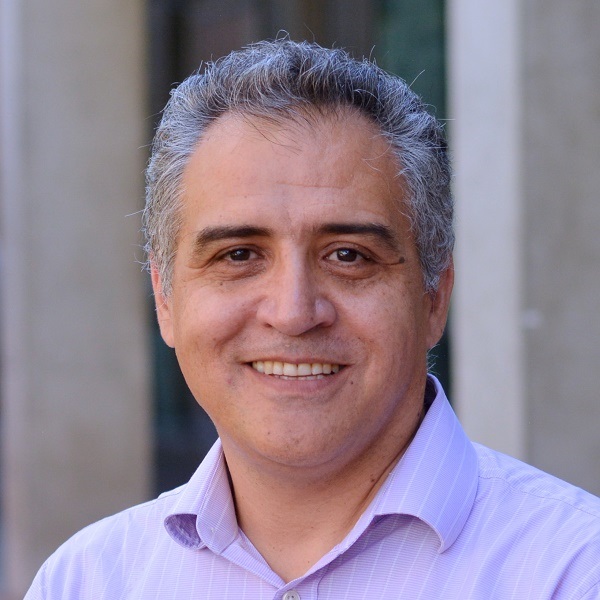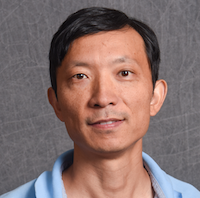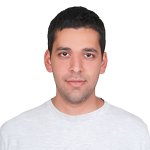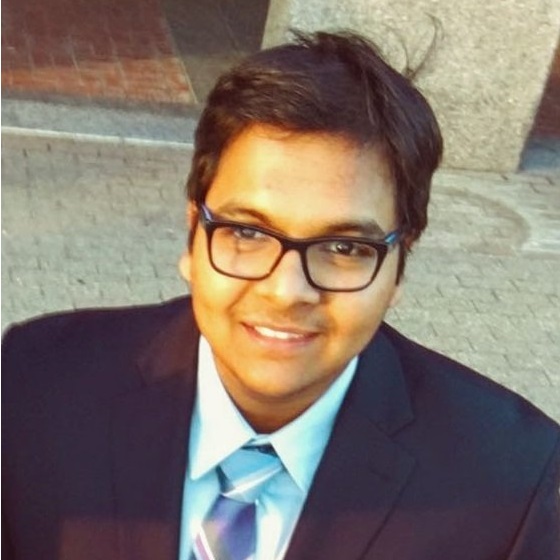Speaker: Nael Abu-Ghazaleh, UC Riverside
Title: Is my GPU Secure? Covert and Side channel attacks on GPUs
Abstract: Modern computing systems are under attack by increasingly motivated and sophisticated attackers. Recently, the Meltdown and Spectre attacks demonstrated that security is not only a software problem, but that the system hardware components can expose software-exploitable vulnerabilities. With the expanding role of GPUs within computing systems, not only for graphics and multi-media workloads but also as computational accelerators, it is important to understand their security properties. In this talk, I will overview our recent research in understanding covert and side-channel attacks present in modern GPUs. We show that it is possible to construct high bandwidth covert channels, superior in bandwidth and quality to those on GPUs. Furthermore, we show that GPU sharing between multiple workloads also offers opportunities for side channel attacks, and demonstrate several variants of these attacks targeting both graphics and computational workloads. The talk will briefly discuss potential mitigations, and how this type of vulnerabilities is likely to continue to manifest as future computing systems continue to evolve.
Bio: Nael Abu-Ghazaleh is a Professor in the Computer Science and Engineering as well as the Electrical and Computer Engineering Departments at the University of California, Riverside. He also serves as the chair for the Computer Engineering Program. His research is in architecture support for computer system security, high performance computing, and networked and distributed computing. He has published over 150 papers in these areas, several of which have been recognized with best paper awards or nominations. His hardware security research has resulted in the discovery of several new attacks that have been disclosed to companies including Intel, AMD, ARM, Apple, Microsoft and Nvidia, and received wide coverage from technical news outlets.
Speaker: Xipeng Shen, NCSU
Title: Augmenting GPU Hardware through Software Innovations - A Reflection on a Dozen Years of Efforts
Abstract: For their tremendous computing power, Graphic Processing Units (GPUs) have received broad adoptions for a large variety of applications. The massively parallel hardware design makes it superior for efficient data-parallel computations. However, the design features some inherent hardware limitations that have been preventing GPUs from effectively supporting other types of computations, which include irregular computations, pipelined workloads, applications with dynamic parallelism, and multiprogramming computations that require flexible preemptions. In this talk, Dr. Shen examines the last dozen years of efforts in augmenting GPU hardware through innovations in compiler, runtime, and other programming system support. He summarizes a set of insights and lessons attained through the reflection, and discusses the implications to the future of GPU computing.
Bio: Xipeng Shen is a Professor in the Computer Science Department at North Carolina State University. He received his Ph.D. in Computer Science from University of Rochester in 2006. His research lies in the broad field of programming systems, with an emphasis on enabling high performance heterogeneous computing and intelligent computing through innovations in both compilers and runtime systems. He has pioneered a number of innovative techniques on GPU code optimizations. His work has received the prestigious U.S. DOE Early Career Research Award, U.S. NSF CAREER Award, Google Faculty Research Award, IBM CAS Faculty Fellow Award, and Best Paper awards. He was awarded ACM Distinguished Membership for his contributions in heterogeneous computing. He was honored with University Faculty Scholars Award "as an emerging academic leader who turns research into solutions to society's most pressing issues". He has served as a consultant to multiple major IT companies. He is an ACM Distinguished Speaker.







